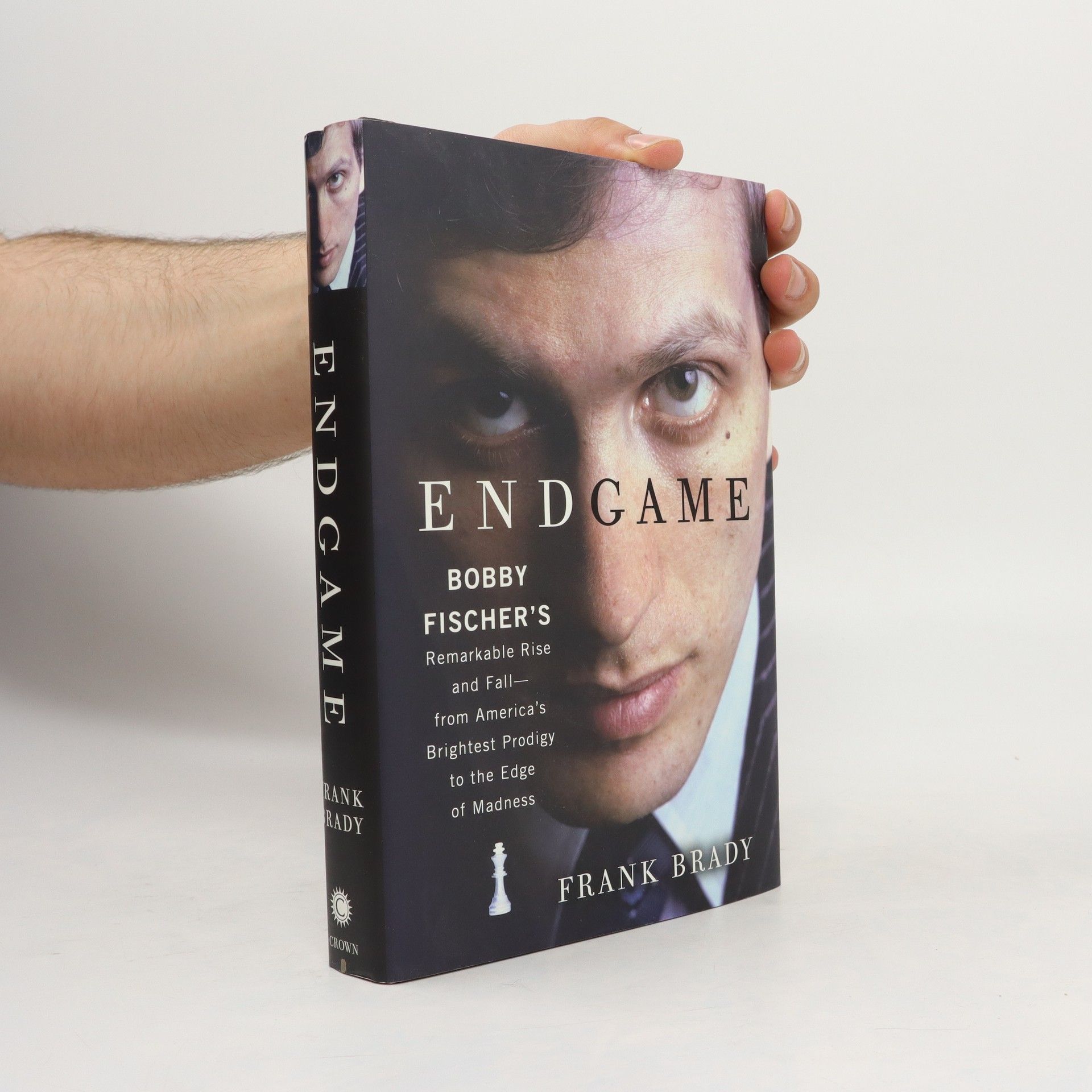Bobby Fischer zeichnet das einzigartige Leben eines der bekanntesten Schachgenies, seinen kometenhaften Aufstieg und sein bewegtes Privatleben nach. Schon mit 13 Jahren war Bobby Fischer der jüngste Schachmeister Amerikas. Seine späteren Erfolge verschafften ihm einen Grad an Ruhm, wie er kaum vorher einem Schachspieler zuteilgeworden war. Doch hinter dem Genie, das mit einem IQ von 181 gesegnet war, steckte ein komplizierter Charakter. Mit der Zeit entwickelte Bobby Fischer paranoide Züge: Nachdem er 1972 seinem Kontrahenten Boris Spasski den Weltmeistertitel abgenommen hatte, fürchtete er, dass die Sowjets ihn umbringen wollten. Sein Wahnsinn äußerte sich zudem in einem Hang zum Bizarren: Er begeisterte sich für die Mafia, schockierte mit antisemitischen Aussagen und war besessen von der Idee, seine Ausnahme-DNA weitervererben zu müssen. In diesem Buch erzählt Frank Brady die gesamte Lebensgeschichte des 2008 in Reykjavik verstorbenen Schachgenies, wobei er auf das Familienarchiv, auf private E-Mails Bobby Fischers und FBI-Akten zurückgreift. Sichtbar wird eine tragische Odyssee, die in armen Verhältnissen in Brooklyn beginnt und über den Schachweltmeistertitel in die Krankheit und bittere Einsamkeit führt.
Frank Brady Reihenfolge der Bücher (Chronologisch)
Frank Brandy ist der Autor zahlreicher hochgelobter Biografien. International anerkannt als die größte Autorität für das Leben und die Karriere von Bobby Fischer, ist er auch Präsident des Marshall Chess Club in New York City und war Gründungschefredakteur von *Chess Life*.




Endgame
- 402 Seiten
- 15 Lesestunden
A biography that captures the complete, remarkable arc of the life of the chess master, Bobby Fischer.
Citizen Welles
- 672 Seiten
- 24 Lesestunden
A discussion of the many aspects of Orson Welles' work which includes "Citizen Kane" - his documentary-style adaptation for radio of "The War of the Worlds", his theatre productions and his achievements as an actor. His personal life is also examined.